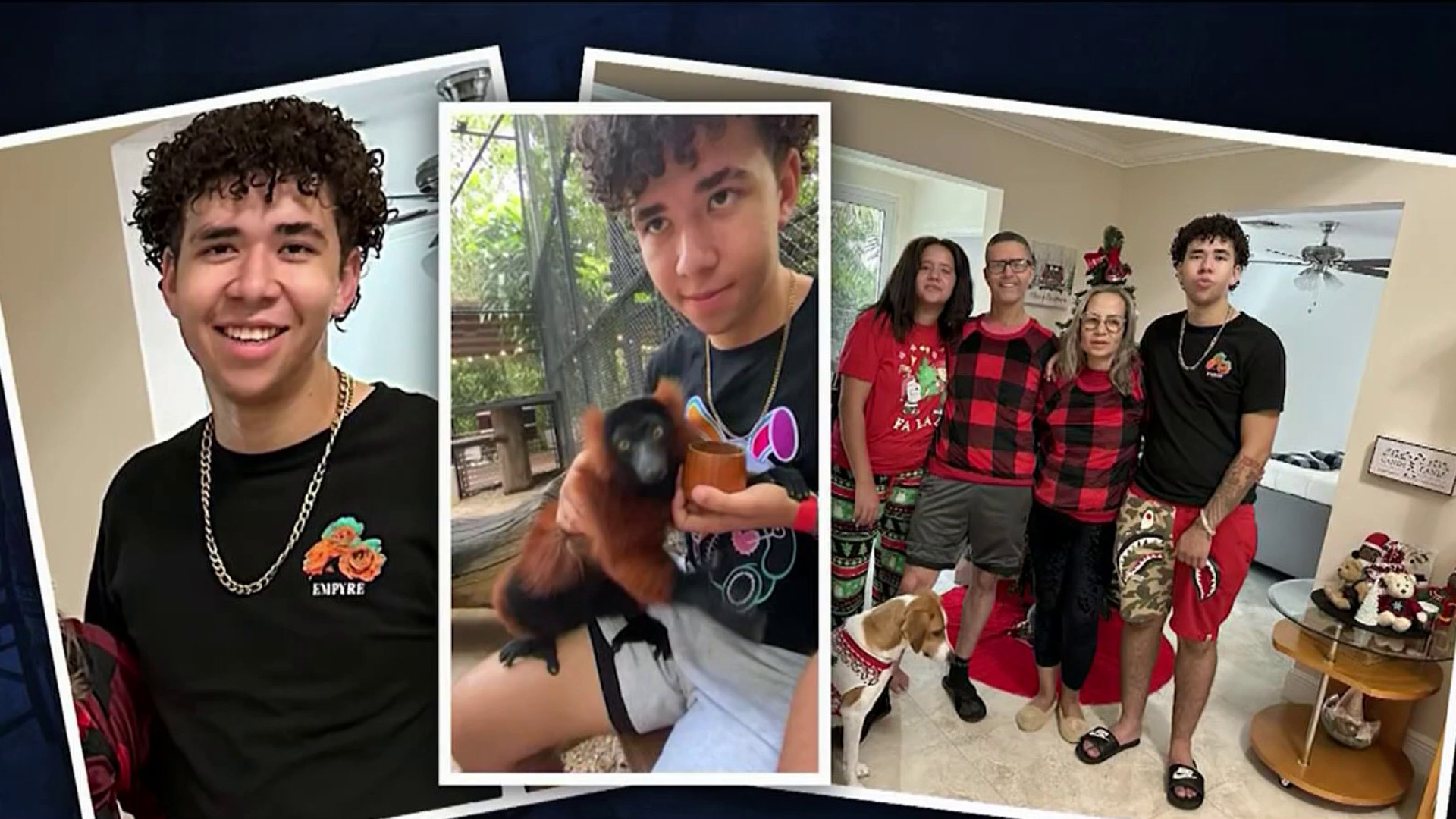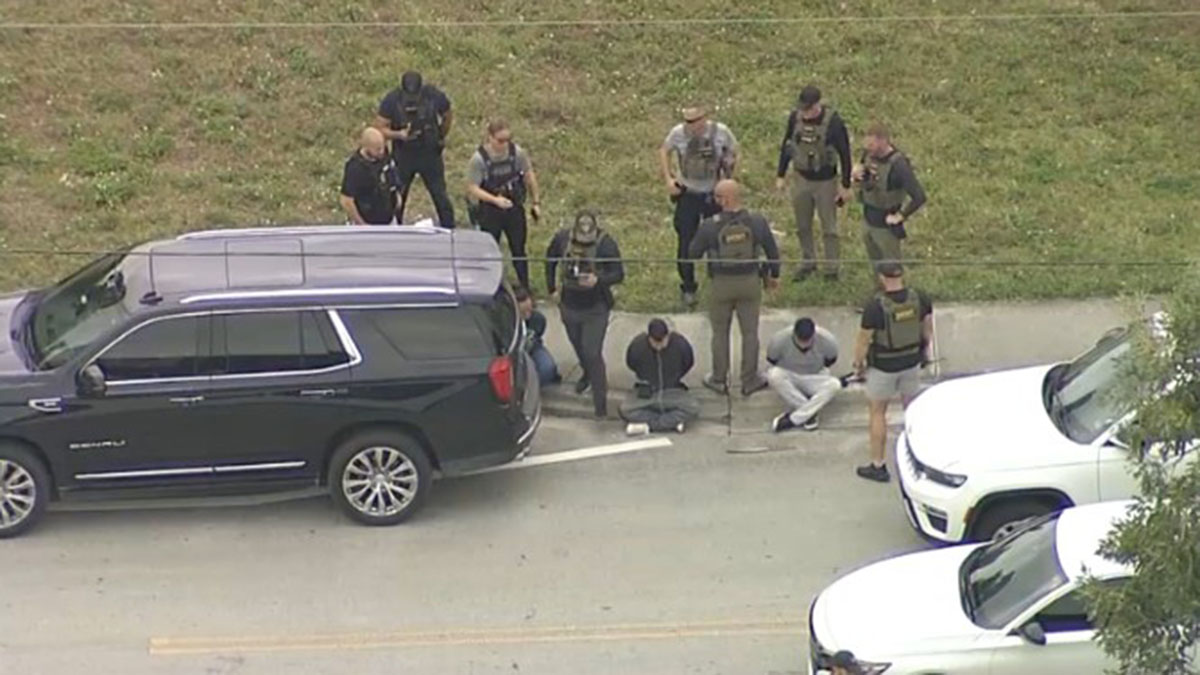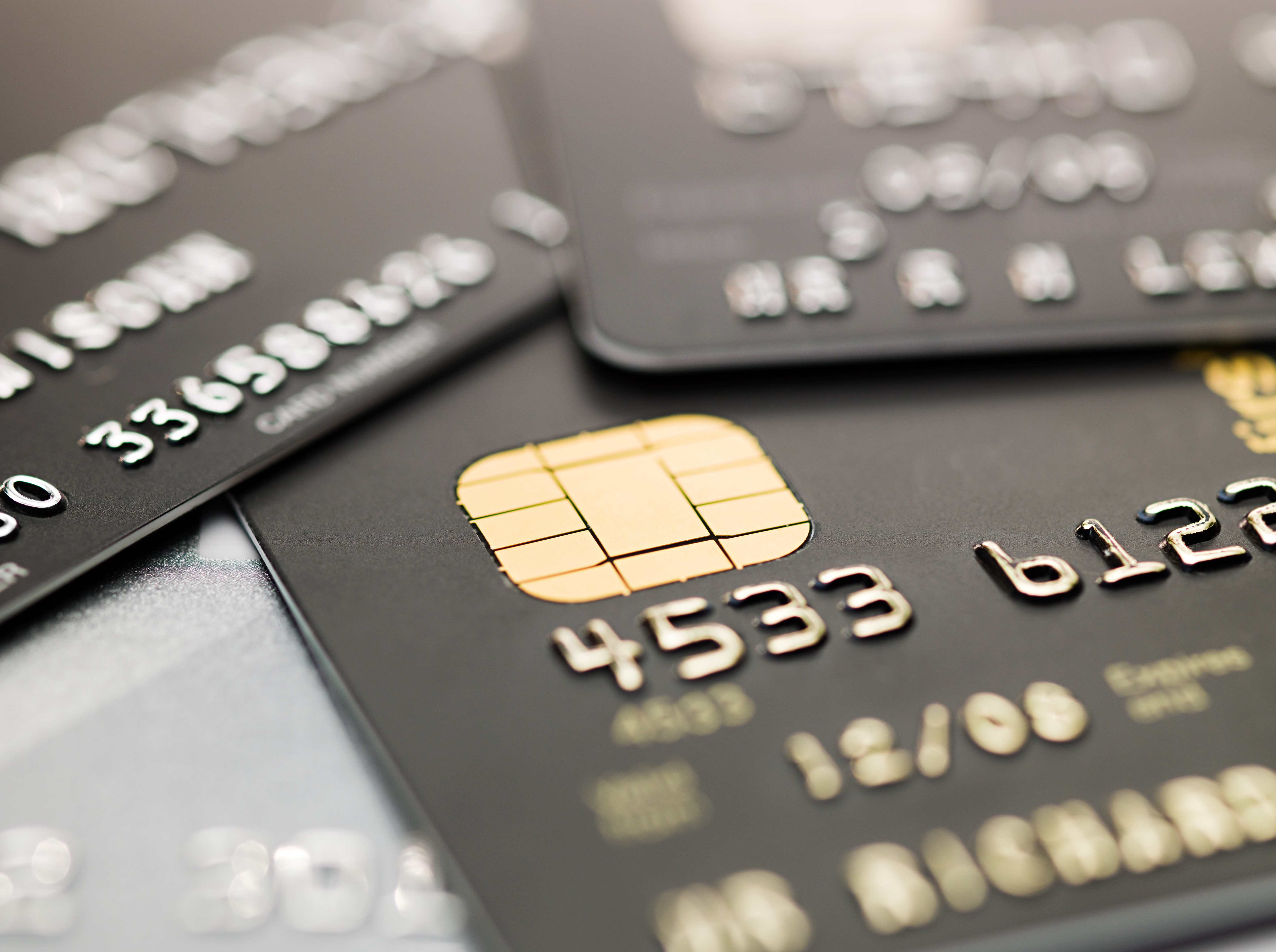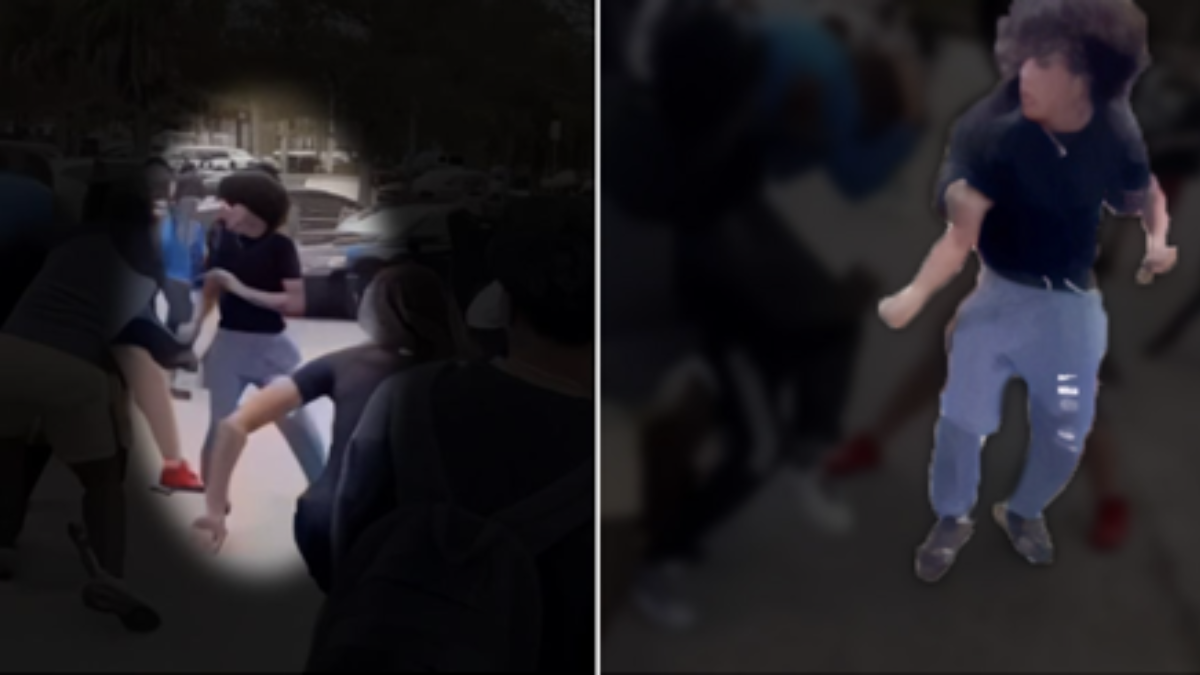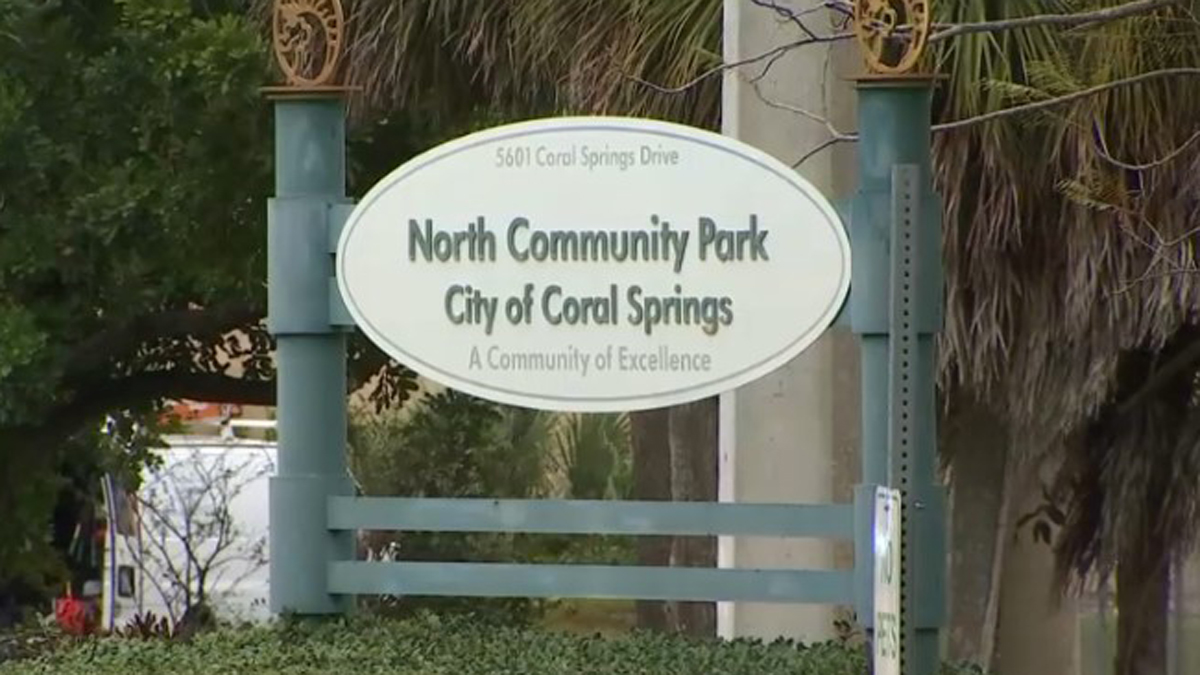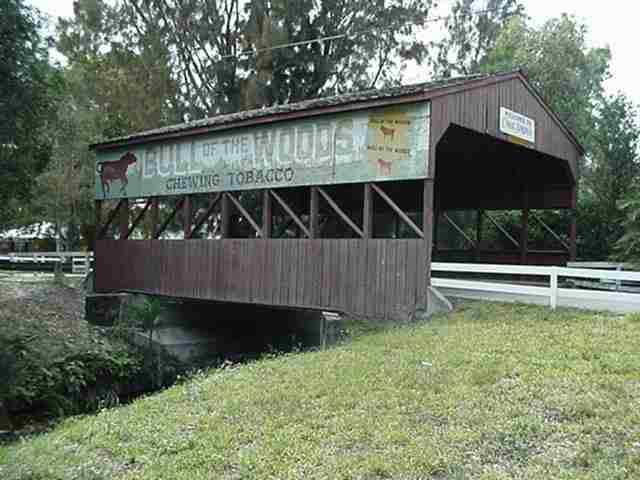“I would like to thank the entire Coral Springs 911 team for there amazing services. My mother has been ill three times in the past 3 years and each time we called the paramedics, the calltaker was attentive, helpful, and extremely polite. This past year I was quite ill myself and the dispatched paramedics came quickly and were able to calm my family while they assessed my condition. I wish I knew their names to thank them personally. From my family to yours, Thank You! All the best,” —- Bonnie-Pearl Goodman
 Something happens. You quickly reach for the phone. You dial 911. Someone answers almost immediately and says ” 911…What is your emergency?”. The voice on the other line is calm, and firm. You are in a state of panic. You are need of help and the team of people at the Coral Springs Police and Fire Dispatch Unit is there for you. More than 750 calls a day come in to the dispatch unit. That’s 45 calls every hour. Each call has to be treated as if it were a life and death situation. Not only must you depend on the 911 department, but so do the Police and Fire Rescue people. Communication is the name of the game when it comes to life safety. Without a proper Fire and Police Dispatch department, a fireman, a policeman or you, could end up in a situation where lives can be lost.
Something happens. You quickly reach for the phone. You dial 911. Someone answers almost immediately and says ” 911…What is your emergency?”. The voice on the other line is calm, and firm. You are in a state of panic. You are need of help and the team of people at the Coral Springs Police and Fire Dispatch Unit is there for you. More than 750 calls a day come in to the dispatch unit. That’s 45 calls every hour. Each call has to be treated as if it were a life and death situation. Not only must you depend on the 911 department, but so do the Police and Fire Rescue people. Communication is the name of the game when it comes to life safety. Without a proper Fire and Police Dispatch department, a fireman, a policeman or you, could end up in a situation where lives can be lost.
 It’s as if you are walking in to an airport control center when you walk in to the 911 department on the top floor of the Coral Springs Police and Fire Department located on Coral Springs Drive. There is a hexagonal area where 4 people man 4 separate groups of consoles. One is for the Fire Department , the other the Police Department. They have one station devoted to the traffic unit where information concerning drivers licenses and criminal history is looked up and communicated to the officers . At a fourth station sits a supervisor who monitors all three stations and helps out in case more than 3 calls are received at any one time. In the middle is the largest ‘Lazy Susan’ you will ever see. It contains manuals, records and other information that all 4 stations may need. Al the dispatcher needs to do is grab a hold of a handle and swing the merry go round until the manual that they are looking for appears. Then someone else swings it back.
It’s as if you are walking in to an airport control center when you walk in to the 911 department on the top floor of the Coral Springs Police and Fire Department located on Coral Springs Drive. There is a hexagonal area where 4 people man 4 separate groups of consoles. One is for the Fire Department , the other the Police Department. They have one station devoted to the traffic unit where information concerning drivers licenses and criminal history is looked up and communicated to the officers . At a fourth station sits a supervisor who monitors all three stations and helps out in case more than 3 calls are received at any one time. In the middle is the largest ‘Lazy Susan’ you will ever see. It contains manuals, records and other information that all 4 stations may need. Al the dispatcher needs to do is grab a hold of a handle and swing the merry go round until the manual that they are looking for appears. Then someone else swings it back.
 Separate from this area and off to a side is another bank of computer screens manned by two people who are call takers. These are the people that you would normally communicate with in a 911 or other call. If they are busy, two of the 4 people manning the communication area also have the ability to pick up the 911 call. There are two other such areas for call takers and are used either in an emergency situation like a hurricane, or for training purposes. On an elevated platform in the middle of all of the stations is a supervisor’s console which has the ability to monitor all functions and take over in case of a problem as well.
Separate from this area and off to a side is another bank of computer screens manned by two people who are call takers. These are the people that you would normally communicate with in a 911 or other call. If they are busy, two of the 4 people manning the communication area also have the ability to pick up the 911 call. There are two other such areas for call takers and are used either in an emergency situation like a hurricane, or for training purposes. On an elevated platform in the middle of all of the stations is a supervisor’s console which has the ability to monitor all functions and take over in case of a problem as well.
There are 3 eight hour shifts designated Alpha, Bravo and Charlie. In all the 3 shifts handle more than 700 calls a day. These calls come in all sorts of shapes and colors.
 There are always two people in the department that handle your call, the Calltaker and the Dispatcher. When you dial 911 in Coral springs, the call is automatically routed to the 911 department. Cellular phones are routed to the closest law enforcement agency to the particular tower that your phone is communicating with. At the department, immediately on the screen the phone number and location of the call is displayed. The Calltaker answers “911 What is Your Emergency?” The Calltaker’s task is to obtain as much information that is needed to determine “Where, Why, What , Who, When ” in a short period of time. As you are speaking to the them, they punch in the call into the computer, and type in some quick information describing the situation. They hit the enter button on the computer sends the call to the Dispatcher’s monitor and makes a recommendation to send the call to the nearest unit. The Dispatcher keys down on the radio and sends the information to that police or fire department unit. As the Callertaker continues to obtain information they send it to the dispatchers who quickly transmit the info to the police or fireman taking the call. Sometimes it is more important to get the information to the dispatchers than type it into the computer. Often, the Calltaker rises in his seat and shouts the information across the room. Most of the time, however, the information is quickly entered and networked to the dispatchers.
There are always two people in the department that handle your call, the Calltaker and the Dispatcher. When you dial 911 in Coral springs, the call is automatically routed to the 911 department. Cellular phones are routed to the closest law enforcement agency to the particular tower that your phone is communicating with. At the department, immediately on the screen the phone number and location of the call is displayed. The Calltaker answers “911 What is Your Emergency?” The Calltaker’s task is to obtain as much information that is needed to determine “Where, Why, What , Who, When ” in a short period of time. As you are speaking to the them, they punch in the call into the computer, and type in some quick information describing the situation. They hit the enter button on the computer sends the call to the Dispatcher’s monitor and makes a recommendation to send the call to the nearest unit. The Dispatcher keys down on the radio and sends the information to that police or fire department unit. As the Callertaker continues to obtain information they send it to the dispatchers who quickly transmit the info to the police or fireman taking the call. Sometimes it is more important to get the information to the dispatchers than type it into the computer. Often, the Calltaker rises in his seat and shouts the information across the room. Most of the time, however, the information is quickly entered and networked to the dispatchers.
 Of course the 911 department has caller ID, and every call that comes is quickly recognized for its name and address. In all cases the Calltaker always confirms this information with the person making the call to insure accuracy. At the same time, the 911 department can access additional information for this address including previous calls if any, or any hazards such as a registered firearm or large dog. All this information must be relayed to the Police or Fire Rescue units responding to the call to make sure they have all the information for safety reasons.
Of course the 911 department has caller ID, and every call that comes is quickly recognized for its name and address. In all cases the Calltaker always confirms this information with the person making the call to insure accuracy. At the same time, the 911 department can access additional information for this address including previous calls if any, or any hazards such as a registered firearm or large dog. All this information must be relayed to the Police or Fire Rescue units responding to the call to make sure they have all the information for safety reasons.
In the case of cellular phones, they do not have the capability of knowing the phone number or the name of the cell phone owner. There is also no way of knowing where in the city the call is originating from. All this will change in the next few months when the cellular phone service companies change some of their equipment to allow the 911 department access to this information. The important point is never assume that the department know where you are, and give that information to them as soon as you call them!
911 Abuse: Tattle Tales
Calls range from those that involve life and death situations to those that are trivial and ridiculous. It was quite interesting listening to the people at the 911 center. ” You hear it all” they told me. Neighbors tattle telling on the other and people calling to find out what time it is. One lady called because her toilet overflowed and the Fire Department had to dispatch someone to make sure the water was turned off. There are people that go around past midnight and call in illegally parked commercial vehicles, or even call to say that the water sprinkler was on but won’t give an address. ” It’s on Sample Road”, they would say shouting at the calltaker as if they could read minds. (I can safely say that this whole “Water Restriction” issue is just a waste of the Police Departments time.) Some of the calls involve a domestic dispute when two family members quarrel. Those are the worst as they can rapidly escalate into a more violent situation. Sometimes they receive a call from an elderly person or someone who has just gone through a stressful situation, they need someone to talk to because they are frightened or in a panic. The 911 people don’t mind. They understand that what may not appear to be a 911 situation to them, might be a 911 emergency to the person on the other end of the phone.
 Most people call up and are polite. Others call and give the Calltakers a hard time. The amazing fact is that these people of the 911 dispatch take the abuse. They feel that sometimes the other person on the line is just venting anger, and frustration. Even the abusive calls are taken as if they are truly emergencies.
Most people call up and are polite. Others call and give the Calltakers a hard time. The amazing fact is that these people of the 911 dispatch take the abuse. They feel that sometimes the other person on the line is just venting anger, and frustration. Even the abusive calls are taken as if they are truly emergencies.
911 Hang-ups are quite frequent. They account for 30% of the total calls. In every case the Calltaker sees the number that the hang-up occurred, calls the homeowner and asks if everything is ok. Based on the response the Calltaker will determine if there is stress at the other end of the telephone, and will send the call to the Dispatcher if needed. The hang ups are not always the fault of the caller. It was pointed out that the Bellsouth phone system has certain built in features that most of us are unaware of. If you dial the 917 area code as “1 -91” and you pause before the 7 is pressed, the call routes automatically to the 911 center. It occurs also with 119 and sometimes if numbers are randomly punched in. All this is done for your protection, but can increase the work load over at the 911 center.
There are several types of calls that are received more than others. Domestic Violence calls come in daily and are more frequent on holidays. Every day there is a ‘Runaway’ call that comes in when a parent argues with the child and the child runs away. Most return within a few days. There is always a missing child reported by some parent that forgot about early dismissal at the school. In almost all of the cases the child is found, normally at a friends house. The most received Fire calls are kitchen fires. During thanksgiving they call it Turkey Fires. Most of the health related calls occur in the morning hours. During a full moon, the calls increase for some reason.
911 Calltakers and Dispatchers are all human beings. They have families like you and I and are sympathetic to us when something bad happens. However, they don’t allow their emotions to cloud the communication link. They are well trained to handle the emergency and get us the help we need, as fast as possible. Their goal is to save the lives of you and your family. It’s that simple.
The only time we should call 911 is if there is a serious threat to safety or property, like a crime in progress , fire, serious illness, or accidents with injuries. Any other time you should call the non-emergency number at 344-1800, This connects to the same department but keeps their blood pressure lower! No sense in using the emergency number is it is not an emergency. Right?


 Click Play Button for Live Broadcast or here for more information
Click Play Button for Live Broadcast or here for more information 










